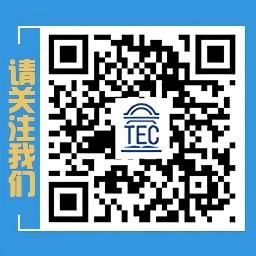On the afternoon of April 14, 2025, the opening ceremony of the 3rd Hong Kong STEAM Education Leaders Exchange and Training Program was successfully held at the UNESCO Teacher Education Centre (TEC). Co-hosted by the Education Bureau of the Government of the Hong Kong Special Administrative Region of the People's Republic of China (Hong Kong Education Bureau) and TEC, the ceremony was attended by Mr. Zheng Songqi, Senior Curriculum Development Officer (Science) of the Hong Kong Education Bureau; Mr. Cheung Tsz-wai, Senior Curriculum Development Officer (Primary School-based Curriculum Development); Mr. Chan Ka-lok, Curriculum Development Officer (Mathematics); Professor Hu Guoyong, Deputy Director of TEC; Professor Wang Jie, Deputy Director of the International Teacher Education Centre at Shanghai Normal University; and 32 primary and secondary school principals and teachers from Hong Kong.
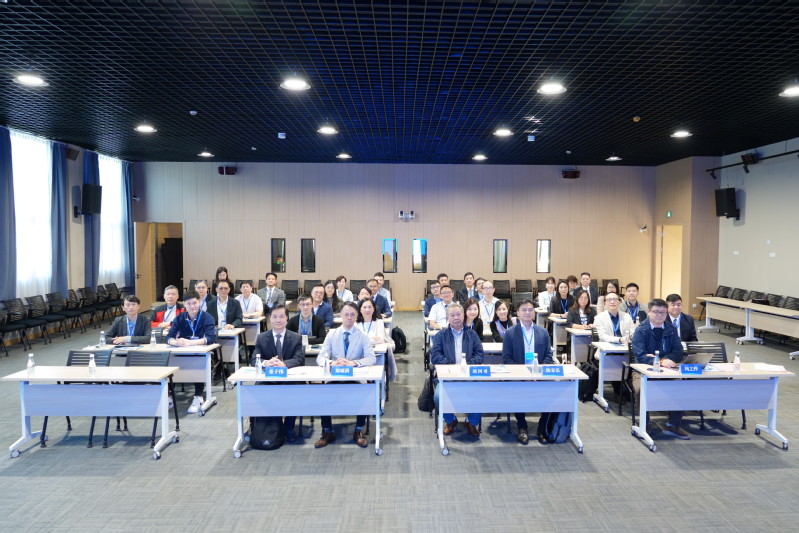
Professor Hu Guoyong, Deputy Director of TEC, delivered a speech at the opening ceremony. He first extended a warm welcome to the Hong Kong STEAM exchange delegation, noting that students from Hong Kong and Shanghai have performed exceptionally well in PISA tests, with their mathematics and science scores ranking among the top globally. Professor Hu emphasized that through exchanges and cooperation between Shanghai and Hong Kong, the two sides can learn from each other's strengths, make up for each other's weaknesses, and jointly promote the development of STEAM education.
In his speech, Mr. Zheng Songqi, Senior Curriculum Development Officer (Science) of the Hong Kong Education Bureau, stated that this program is an important initiative to deepen STEAM education cooperation between the two regions and a precious learning opportunity. He highly praised TEC's cooperation achievements from a broad-perspective standpoint. He emphasized that against the backdrop of rapid technological and social changes, STEAM education has become a key path for talent cultivation. He expressed hope that by drawing on Shanghai's cutting-edge experiences, Hong Kong can develop scientific and systematic practical plans. This program specifically builds a platform for in-depth dialogue between educators from Shanghai and Hong Kong, focusing on resource integration and literacy transformation to promote the conversion of theoretical achievements into teaching effectiveness, thereby injecting new impetus into the innovative development of Hong Kong's STEAM education.
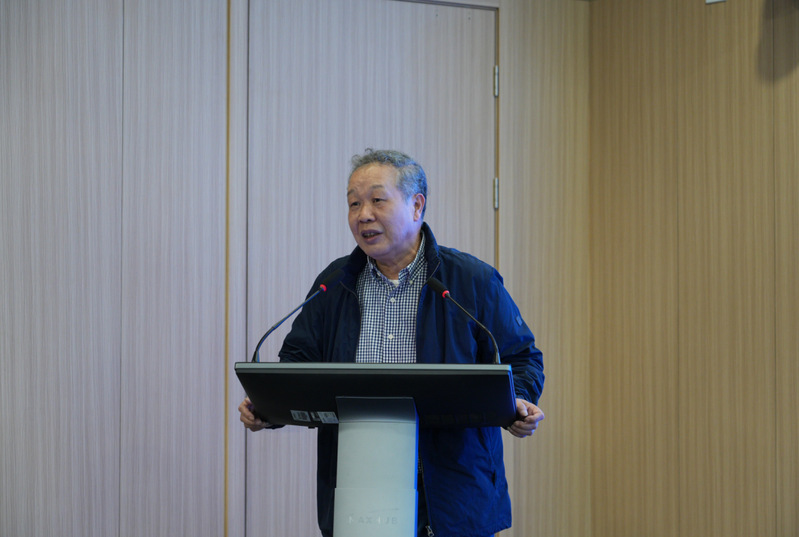
Following the opening ceremony, Mr. Zhou Zhihua, founder of OUR SCHOOL Digital Campus, delivered an engaging keynote lecture titled Application of AI in STEAM Education, demonstrating various application scenarios of AI in education on site. Mr. Zhou pointed out that the application of AI in education can be divided into three stages: from AI partner participating in decision-making as an equal collaborator, to AI assistant enhancing users' capabilities, and finally to AI master where users fully control task execution. He expressed expectation that the application of AI in schools can stimulate students' strong interest in science education while improving teachers' teaching and office efficiency.
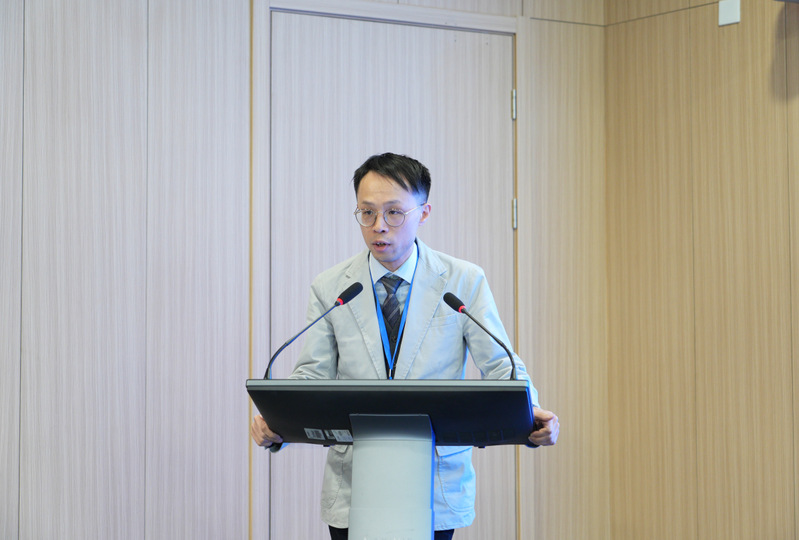
This five-day program, drawing fully on the successful experience of the first two sessions, has carefully designed a variety of activities. It includes high-level expert lectures and organized field visits to multiple primary and secondary schools and science popularization venues in Shanghai. Participants will have the opportunity to gain an in-depth understanding of national policies related to science education, learn about the concepts and practical paths of various educational institutions in Shanghai in implementing STEAM education, and enter classrooms to observe teaching activities firsthand.
Through these well-arranged activities, participants can quickly familiarize themselves with Shanghai's STEAM education, and educators from Shanghai and Hong Kong can conduct in-depth discussions on new developments during exchanges, laying a solid foundation for future cooperation and innovation.
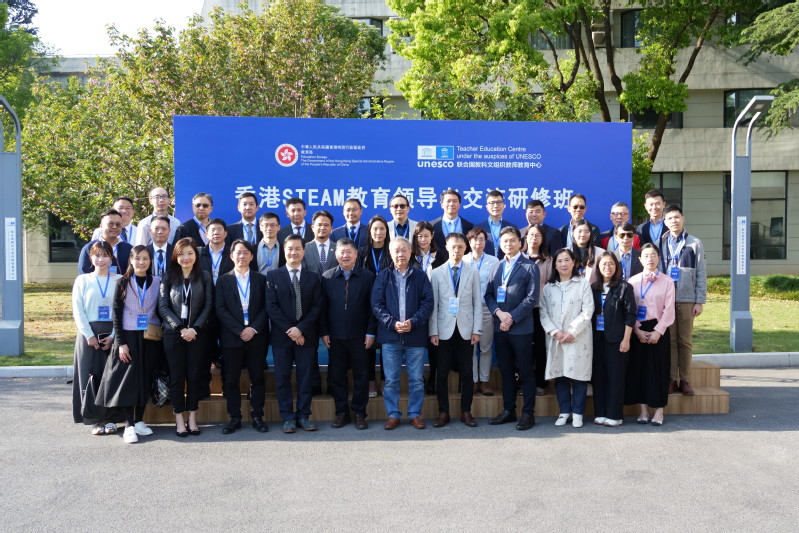
(Contributions/Photos provided by: UNESCO Teacher Education Centre)




